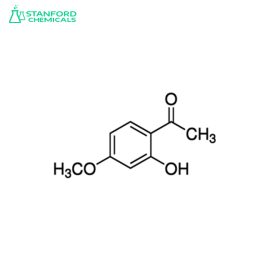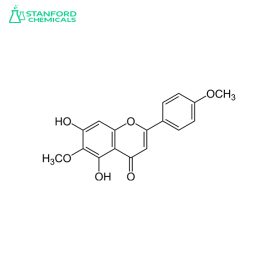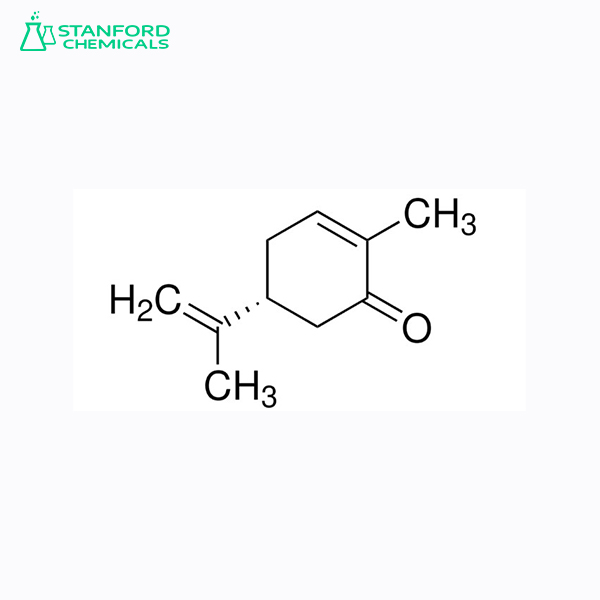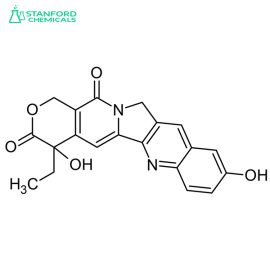Carvone
Carvone is a monoterpenoid with distinctive minty flavors and aromas, found in caraway and spearmint, used for its antifungal, antimicrobial, insect repellent properties, and in aromatherapy for digestive and respiratory benefits, across food, pharmaceutical, agriculture, and holistic health applications.
Overview:
Carvone is a naturally occurring monoterpenoid found in several essential oils, most notably in caraway (Carum carvi) seeds and spearmint (Mentha spicata) leaves. It exists in two mirror-image forms: S-carvone, which gives spearmint its characteristic aroma, and R-carvone, responsible for the flavor of caraway. Beyond its culinary uses, carvone has been explored for its potential therapeutic benefits, including antifungal, antimicrobial, and insect-repellent properties, as well as its use in aromatherapy for digestive and respiratory health.
Carvone Key Features:
– Natural Flavoring Agent: Provides a distinctive minty flavor and aroma to foods and beverages.
– Antifungal and Antimicrobial: Demonstrates activity against a variety of fungal and bacterial pathogens.
– Insect Repellent: Used in natural insect repellent formulations due to its effectiveness against certain pests.
– Aromatherapy Benefits: Employed in aromatherapy for its potential to aid digestion and relieve respiratory conditions.
Carvone Applications:
– Food and Beverage Industry: Utilized as a flavoring agent in a variety of products, including candies, gums, and beverages.
– Pharmaceutical and Cosmetic Products: Explored for its therapeutic properties in treating fungal infections and in formulations of natural cosmetics.
– Agriculture: Used as a natural pesticide and insect repellent to protect crops without the use of synthetic chemicals.
– Aromatherapy and Holistic Health: Incorporated into essential oil blends for its digestive and respiratory health benefits.
Carvone Functions:
– Flavor Enhancement: Contributes a refreshing minty flavor and aroma to culinary creations.
– Antimicrobial Activity: Helps in the preservation of products by inhibiting microbial growth.
– Pest Repellent: Acts as a deterrent against various insects, protecting crops and human environments.
– Therapeutic Aromatherapy: Supports digestive and respiratory health when used in aromatherapy practices
Details

| Available Sizes | 30 capsules, 60 capsules, 120 capsules |
|---|---|
| Key Ingredient | High-quality, pure p-Coumaric Acid |

| Available Sizes | 30 capsules, 60 capsules, 90 capsules |
|---|---|
| Key Ingredient | High-quality, pure Paeonol extract |

| Available Sizes | 30 capsules, 60 capsules, 120 capsules |
|---|---|
| Key Ingredient | High-quality, pure Pectolinarigenin extract |



Reviews
There are no reviews yet.